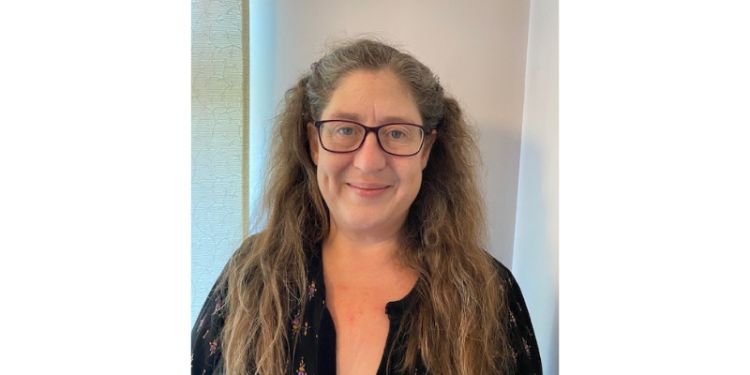Professional development programme for teachers could boost EAL pupils’ GCSE scores: new report

A report written by a School of Education academic reveals that a programme designed to help teachers support pupils with English as an Additional Language boosts students’ results.
According to an independent evaluation of a large randomised controlled trial, published by the Education Endowment Foundation (EEF), a professional development programme for teachers, designed to help them better support their pupils with English as an Additional Language (EAL), has been shown to give a small boost to these students’ GCSE science results.
Multilingual classrooms are the norm. Yet, teachers report feeling unprepared to teach in them. The trial finds that teachers showed an increase in positive perceptions of EAL pupils’ engagement in lessons and confidence in using subject-specific language compared to their own perceptions prior to the training, showing the positive impact that training can have on the confidence of subject teachers to adapt their language to effectively support EAL pupils.
The trial of EAL in the Mainstream Classroom, led by a team including Professor Louise Tracey from the School of Education at the University of Leeds as well as academics from the University of York and the University of Dundee, investigated the impact of the programme on Year 10 pupils’ (14–16-year-olds) science and history attainment.
EAL pupils currently represent approximately one-fifth of the student population in England. Funded through a partnership between the EEF, The Bell Foundation and Unbound Philanthropy, the evaluation aimed to build the evidence base on how best to support these pupils.
The programme
The training programme was designed to build teachers’ expertise in how to plan and deliver whole class lessons that cater to EAL pupils’ needs, making purposeful use of grammar, core vocabulary, and spoken language to support these children.
223 teachers and 5,340 pupils took part in the trial, in which schools were randomly allocated to either receive the training programme, delivered by Challenge Partners, Hounslow Language Service, Lampton School and regional Delivery Centres, or continue with their usual teaching.
The results
The evaluation found that pupils taught by teachers who received the programme made some additional progress in GCSE science, compared to those in the control group. Whilst these findings have an overall moderate to high security rating, difficulties in the evaluation, such as recruiting schools for the trial and including all EAL pupils in the evaluation process meant the results are not as secure as anticipated.
This evaluation adds to the research supporting the achievement of EAL pupils. The findings tentatively suggest that CPD programmes could be an effective way to improve teaching and EAL pupils’ outcomes, at a lower cost than specialist support.
We are cautiously optimistic about the results from our evaluation of the EAL in the Mainstream Classroom programme and its potential impact on pupils for whom English is an Additional Language, and on the teachers supporting them within secondary school classrooms. However, it is also important to note the challenges teachers encountered in undertaking this training in terms of competing demands on their time within busy schools.
The full report is available here.
Further information
Professor of Early Years Education Louise Tracey is Inclusion, Childhood and Youth Research Centre Lead. To learn more about the centre, please follow this link.




